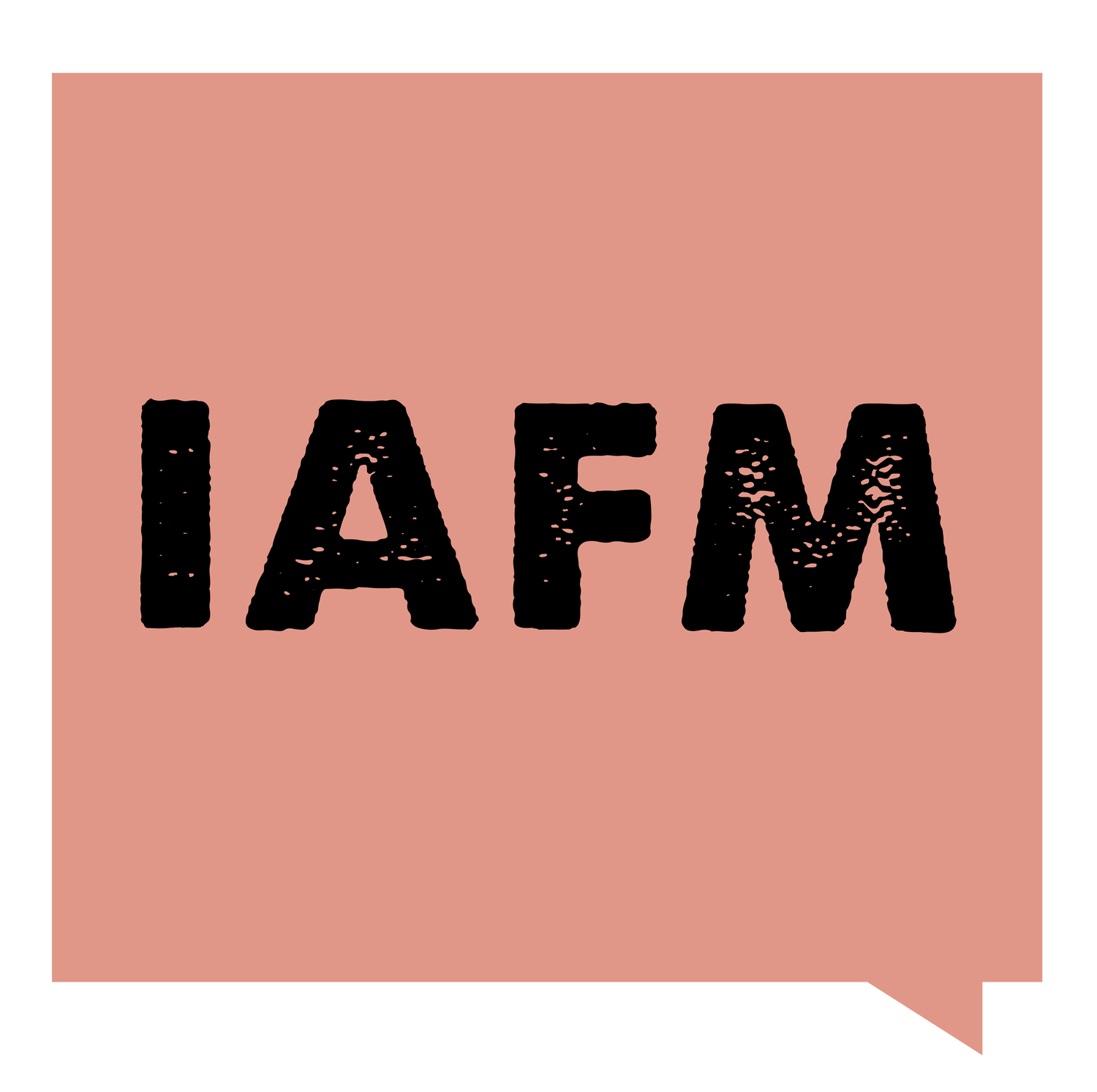5 Easy Ways to Get the Most From Your Food
Is your body making the most of the healthful foods you’re eating? How do you know if you’re absorbing all the right vitamins and minerals? This is called “bioavailability” – the amount of a nutrient that can be absorbed and used by the body. Read on to learn about the factors that influence it and a few easy ways you can get the most out of your food.
Influential factors:
1. How efficient is your digestion? Intestinal hyperpermeability, also known as “leaky gut”, Crohn’s, ulcerative colitis, dysbiosis, candida, food allergies and sensitivities, and other digestive disorders can diminish one’s ability to properly absorb nutrients.
2. Bioavailability is affected by your overall nutritional status. How much do you need of certain nutrients? For example, if you already have sufficient vitamin C, your body may not absorb any extra that is consumed.
3. Food preparation and whether a food is raw, cooked or heavily processed, is another important consideration. Some nutrients are better absorbed when raw while others are better absorbed when cooked. For example, the beta carotene in spinach is better absorbed when it is lightly cooked. Next time you prep garlic for a dish, smash, chop or crush it and let it sit for 10 minutes before cooking it. This allows the compound allicin to form its heart protective properties. Also try to add it as late as possible to minimize damage from heat.
4. Bioavailability is affected by nutrient combinations. For example, the iron in spinach can be better absorbed if it is eaten with vitamin C, such as lemon juice. Try lightly steaming spinach and squeezing a lemon over before enjoying. This works if you take supplements too. Vitamin D is a fat soluble vitamin and can be better absorbed if taken with a meal containing healthy fats.
5. It’s important to consider nutrient-drug interactions. For example, chronic use of proton pump inhibitors for heartburn or acid reflux can interfere with absorption of key minerals such as B12, calcium, magnesium and iron.
6. Ask yourself whether specific nutrients are naturally occurring, processed, fortified, or synthetic. Optimal absorption may also be influenced by whether someone is taking specific supplements or getting their nutrients from whole foods. Whole foods will typically offer the best bioavailability and taking a food first approach can help with this.
7. Last but certainly not least, stress plays a huge role in bioavailability. When the body is under a great deal of stress, it needs more nutrients than ever. When our stores of nutrients get depleted from chronic stress, we’re more likely to experience insufficiencies, deficiencies, and illness.
Ways you can get the highest bioavailability of nutrients:
1. Eat “SOUL” foods - seasonal, organic, unprocessed, local produce soon after it’s picked when it has the most nutrients. If you need to store food for use much later, try freezing it at the peak of freshness.
2. Research the optimal ways to prep certain foods – whether that’s raw, cooked, cut, crushed, soaked, or fermented. For example, cooking tomatoes increases the bioavailability of lycopene and soaking beans will reduce phytic acid which can block absorption of iron, zinc, calcium and magnesium.
3. Pair certain foods together – Eat foods that contain the fat soluble vitamins A, D, E & K with dietary fats. For example, eggs and mushrooms contain vitamin D so pair them with butter or ghee for maximum bioavailability.
4. If you’re not vegetarian or vegan, incorporate a moderate amount of organic animal foods into a plant based diet. This will allow you to absorb heme iron, which is not present in plant based sources of iron.
5. Limit processed and high sugar foods. Processed foods don’t have high levels of nutrients and sugary foods can rob the body of magnesium.
Photo Cred: Heather Barnes @heatherbarnes
Photo Cred: Tijana Drndarski @izgubljenausvemiru



